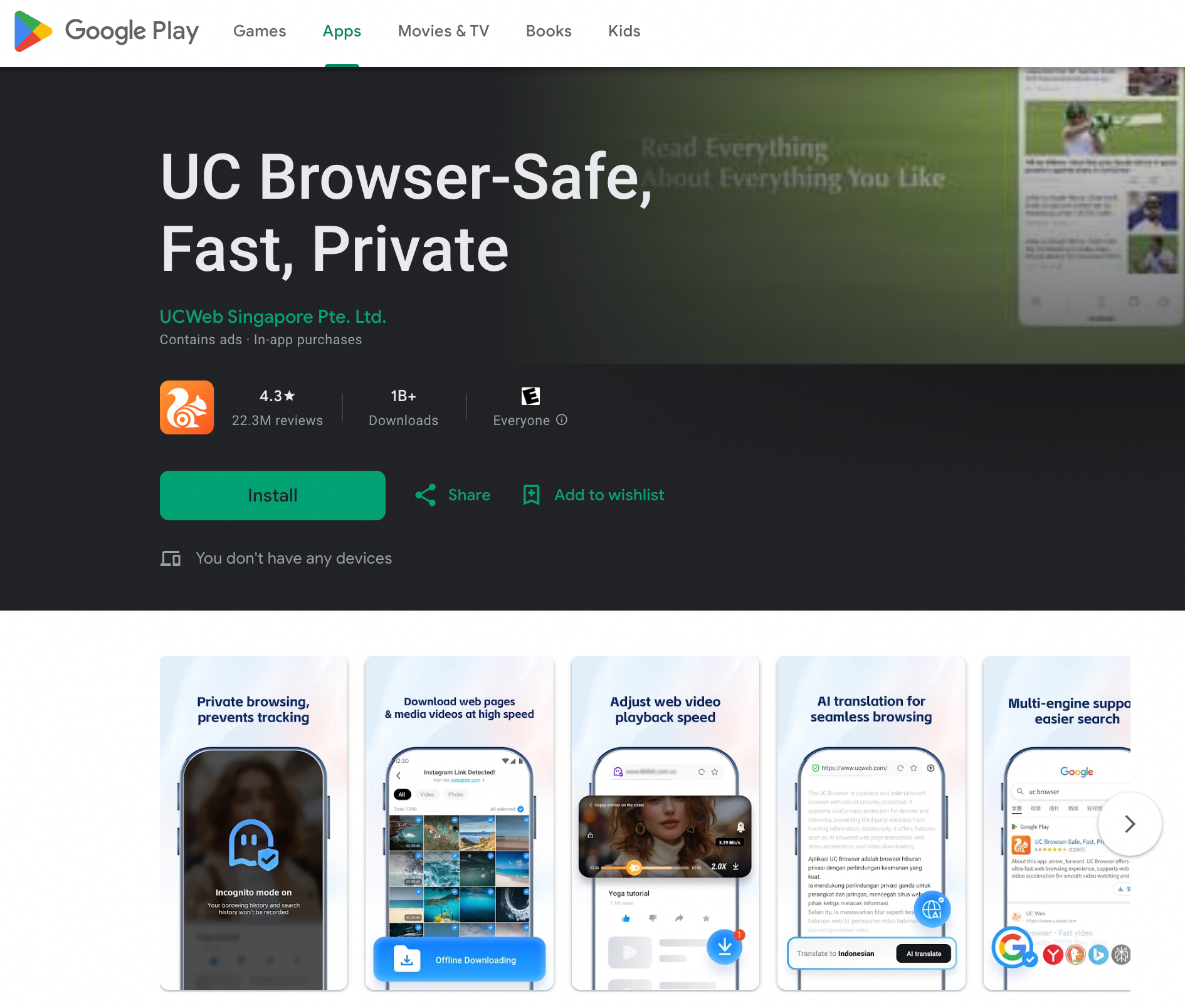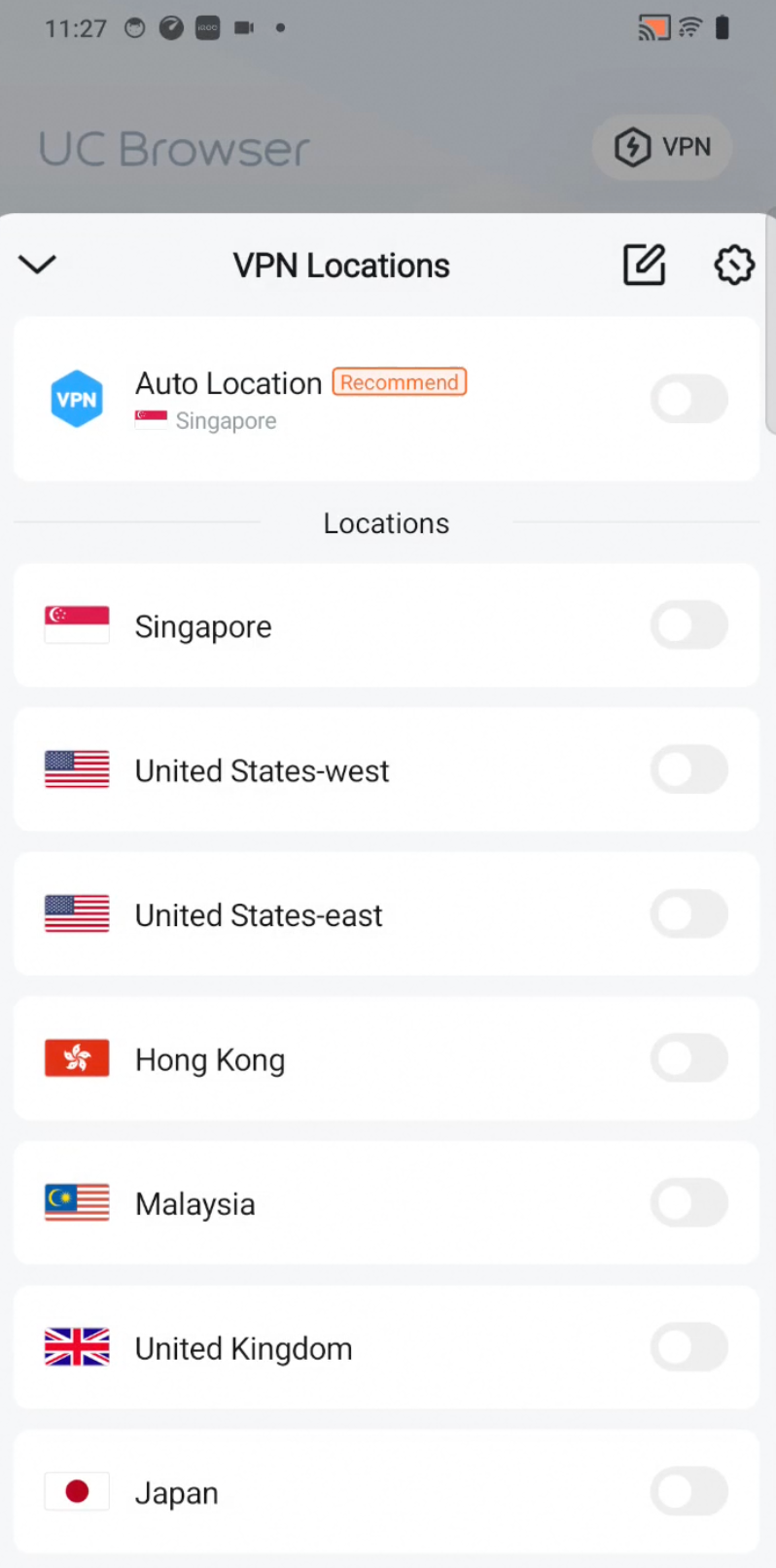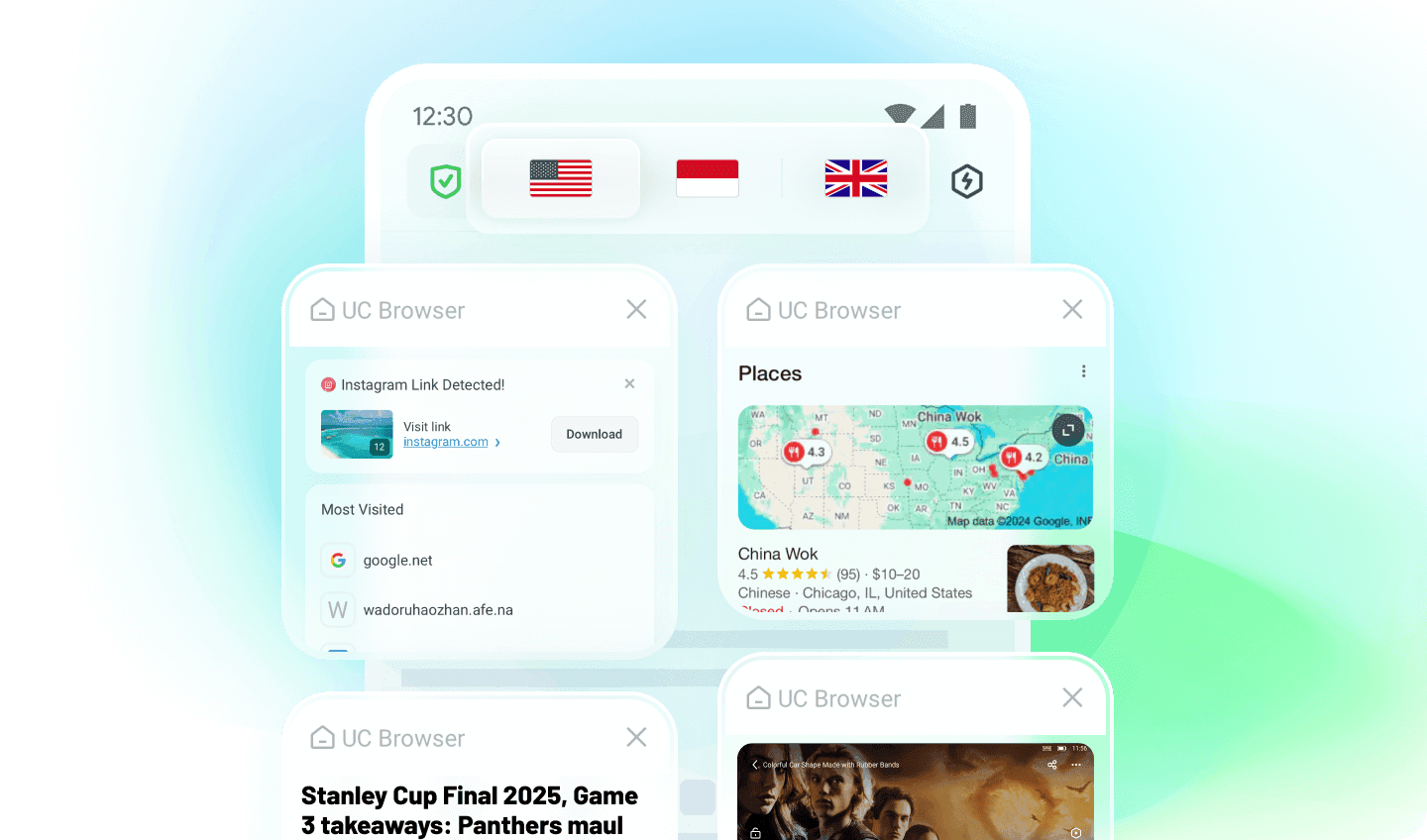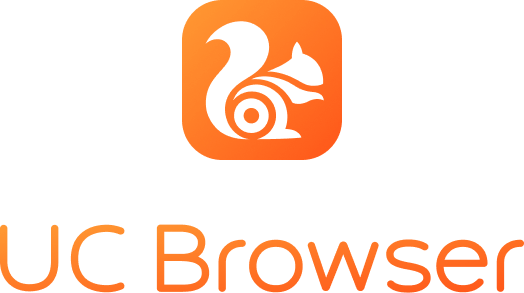In today's hyper-connected digital world, protecting your online privacy and security is more critical than ever. Whenever you browse the internet, your personal data, location, and online activities can be monitored by websites, advertisers, and even your Internet Service Provider (ISP). A Virtual Private Network (VPN) is the perfect solution to safeguard your privacy. By encrypting your data and masking your IP address, a VPN ensures your online activities remain private and secure, especially when using vulnerable public Wi-Fi networks.
But VPNs are not just about privacy—they also provide freedom and flexibility. By connecting to servers in different countries, VPNs allow you to bypass geo-restrictions and access content that may be blocked in your region, such as streaming services or certain websites. Whether you want to protect sensitive information, enjoy unrestricted internet access, or stay safe on shared networks, a VPN is an essential tool in today’s digital age. Setting up a VPN is simple, with options like UC Browser’s built-in VPN making it even more convenient. In just a few easy steps, you can enhance your security, protect your data, and access the internet freely while avoiding limits and risks online.
Part 1: Why You Need VPN?
In today’s always-connected world, protecting your online privacy is more important than ever. Whenever you use the internet, your personal data, browsing habits, and even your location can be tracked by websites, advertisers, and your Internet Service Provider (ISP). Using a Virtual Private Network (VPN) encrypts your internet traffic and hides your IP address, ensuring your online activities remain private. This is especially crucial when using public Wi-Fi networks, which are vulnerable to hackers and data theft.
A VPN doesn't just protect your privacy—it enhances your security as well. It creates a secure, encrypted tunnel for your data, keeping sensitive information like passwords or financial details safe from cyber threats. For those who frequently use public or shared networks, a VPN is a must-have tool to prevent hackers from accessing your personal information. Whether you're shopping online, managing your bank accounts, or working remotely, a VPN provides peace of mind.
Another compelling reason to use a VPN is the freedom it provides. Many streaming platforms, websites, and content services impose geo-restrictions based on your location, limiting what you can access. A VPN allows you to bypass these restrictions by connecting to servers in different countries, giving you a borderless internet experience. From enhanced privacy to unrestricted access, a VPN has become an essential tool for anyone looking to secure their online presence and enjoy the internet without limits.
Part 2: How to Use VPN?
Using a VPN (Virtual Private Network) is simple, but it can significantly enhance your online privacy and security. If you’re new to VPNs, don’t worry. With just a few steps, you gain safer, more flexible access to the internet while keeping your information shielded from hackers and third-party snoopers.
If you’re using UC Browser’s built-in VPN feature, follow a few simple steps to get started.
Step 1: Install and Open UC Browser
First, install UC Browser on your device if you haven’t already. UC Browser comes with a built-in VPN, so you won’t need to download any separate apps. Once installed, open the browser and make sure it's updated to the latest version for optimal performance.

Step 2: Activate and Customize the VPN
To enable the VPN, go to UC Browser’s settings (usually shown as three lines or a gear icon) and find the “VPN” option. Toggle the switch to activate it. If needed, you can manually select a server to access region-blocked content; otherwise, it will automatically connect to the best server.

Step 3: Enjoy Secure Browsing
Once the VPN is activated, you’re all set! UC Browser will immediately encrypt your internet traffic, mask your IP address, and preserve your privacy. Use it to browse securely on public Wi-Fi, unblock restricted websites, or ensure your data stays private.
And that’s it! With UC Browser’s built-in VPN, you have a quick and convenient solution for safer, private, and unrestricted browsing—all without the need for extra apps or tools!
Part 3: How does a VPN Work?
A VPN, works by creating a secure and encrypted connection between your device and the internet. It acts as a private "tunnel" that protects your online activity from being intercepted by hackers, internet service providers, or even governments. When you connect to a VPN, your internet traffic is rerouted through a remote server operated by the VPN provider, hiding your actual IP address. This makes it appear as though you’re browsing from the location of the server, giving you anonymity and the ability to bypass restrictions like region-blocked content.
One key feature of a VPN is data encryption. All the information you send and receive—such as passwords, browsing activity, and sensitive personal details—is encrypted, meaning it’s encoded so no one can read it. Even if someone tries to intercept your data, like on public Wi-Fi networks, they won’t be able to understand it. This encryption is especially useful for protecting confidential information, ensuring you stay safe online.
In essence, a VPN combines encryption and location masking to enhance your privacy and security. It’s a powerful tool for browsing the internet freely while keeping your data safe from prying eyes. Whether you’re streaming content, managing your finances, or using open Wi-Fi networks, a VPN allows you to work and explore the web with peace of mind.
Part 4: Best VPN Settings: What Should You Choose?
Choosing the correct VPN settings can greatly improve your online experience, offering both stronger security and better performance. The first thing to consider is the encryption protocol. Most VPN services provide options like OpenVPN, WireGuard, and IKEv2. OpenVPN is well-regarded for its reliability and strong security, while WireGuard is a faster, more modern option. If you're unsure, using the default protocol suggested by your VPN provider is usually a safe and effective choice.
Server location is another key factor. To maximize speed, select a server close to your actual location. However, if you need to bypass geographical restrictions—such as accessing streaming services or websites available in other countries—choose a server in the required region. Many VPNs also offer specialized servers optimized for activities like streaming, gaming, or torrenting, which can enhance performance for specific tasks.
Lastly, pay attention to additional security features. Enabling the kill switch is important, as it protects your data by blocking all internet traffic if the VPN connection drops. Features like split tunneling can also be helpful, allowing you to decide which apps or websites route through the VPN and which don’t. By customizing these settings, you can enjoy a secure, fast, and flexible VPN experience tailored to your needs.
Conclusion
In today’s digital age, a VPN is no longer just an optional tool but an essential one for ensuring your privacy, security, and freedom online. By encrypting your data, masking your IP address, and creating a secure connection, a VPN protects you from hackers, snoopers, and even restrictions placed on internet content. Whether you're using public Wi-Fi, managing sensitive information, or simply browsing, a VPN empowers you to do so safely and privately.
Getting started with a VPN is straightforward, especially with user-friendly solutions like UC Browser’s built-in VPN feature. With just a few simple steps, anyone can enable secure browsing, access region-blocked content, and protect their online footprint—all without needing technical expertise. Understanding how a VPN works and customizing its settings, such as choosing the right protocol, server location, and security features like the kill switch, further optimizes both security and performance. Ultimately, a VPN provides the perfect blend of privacy, security, and freedom in an increasingly interconnected world. Whether you're streaming, shopping, working, or simply exploring the internet, a VPN offers the peace of mind you need to make the most of your online experience, without compromising your data or access to the digital world.







